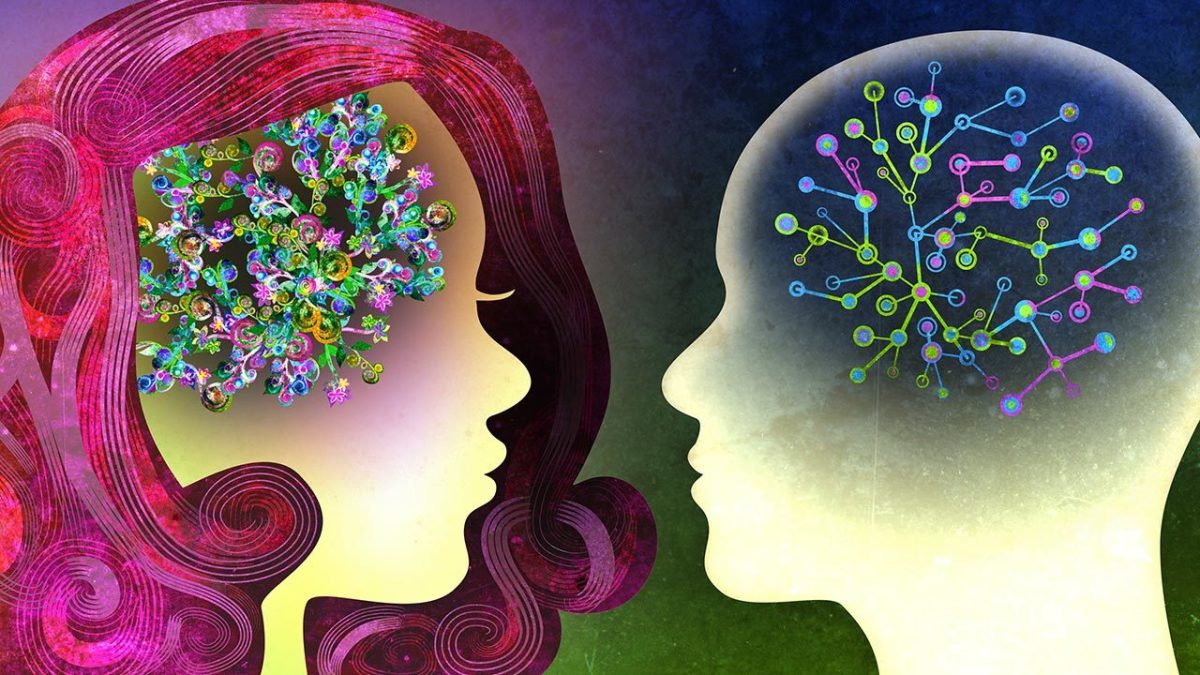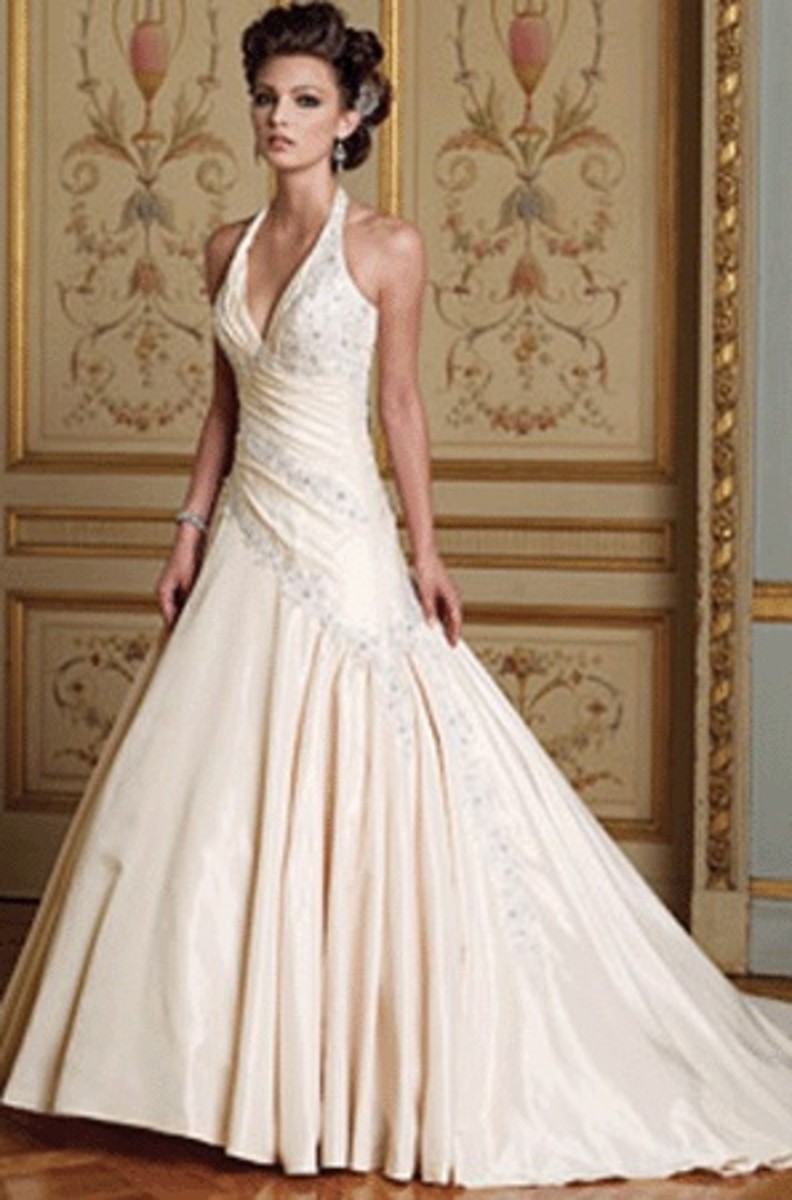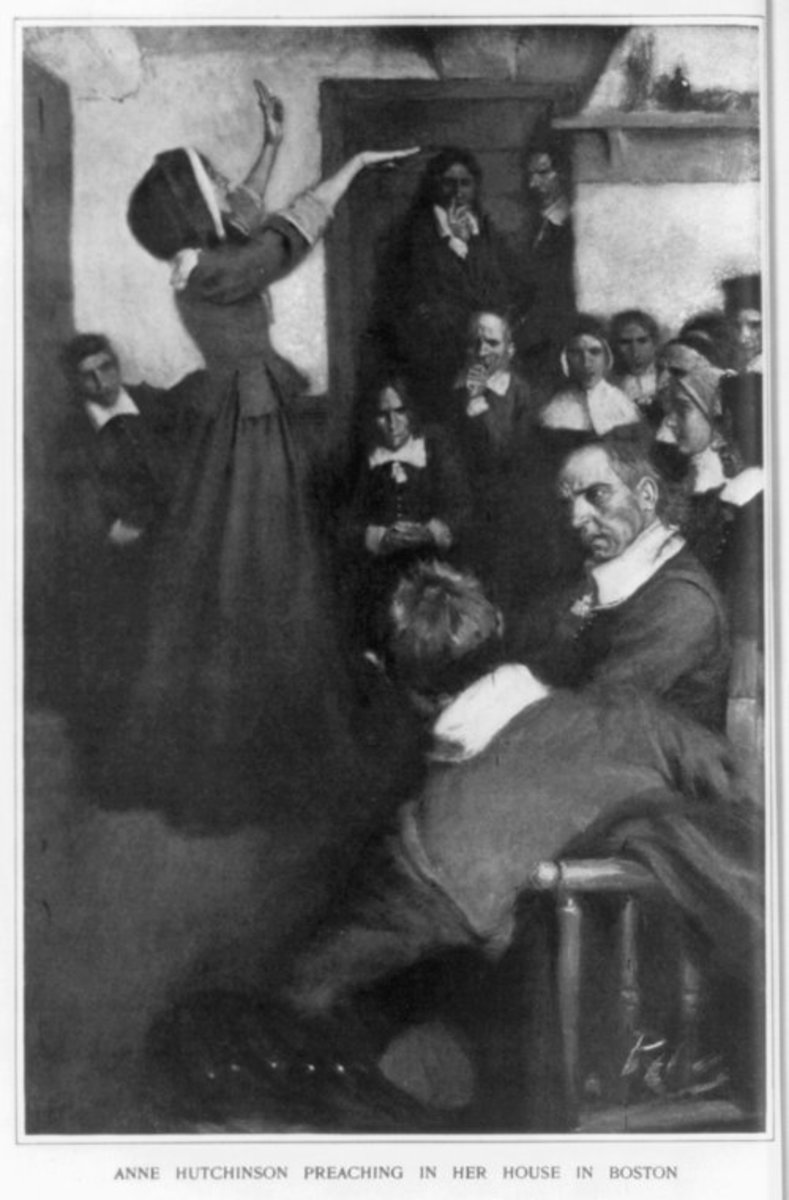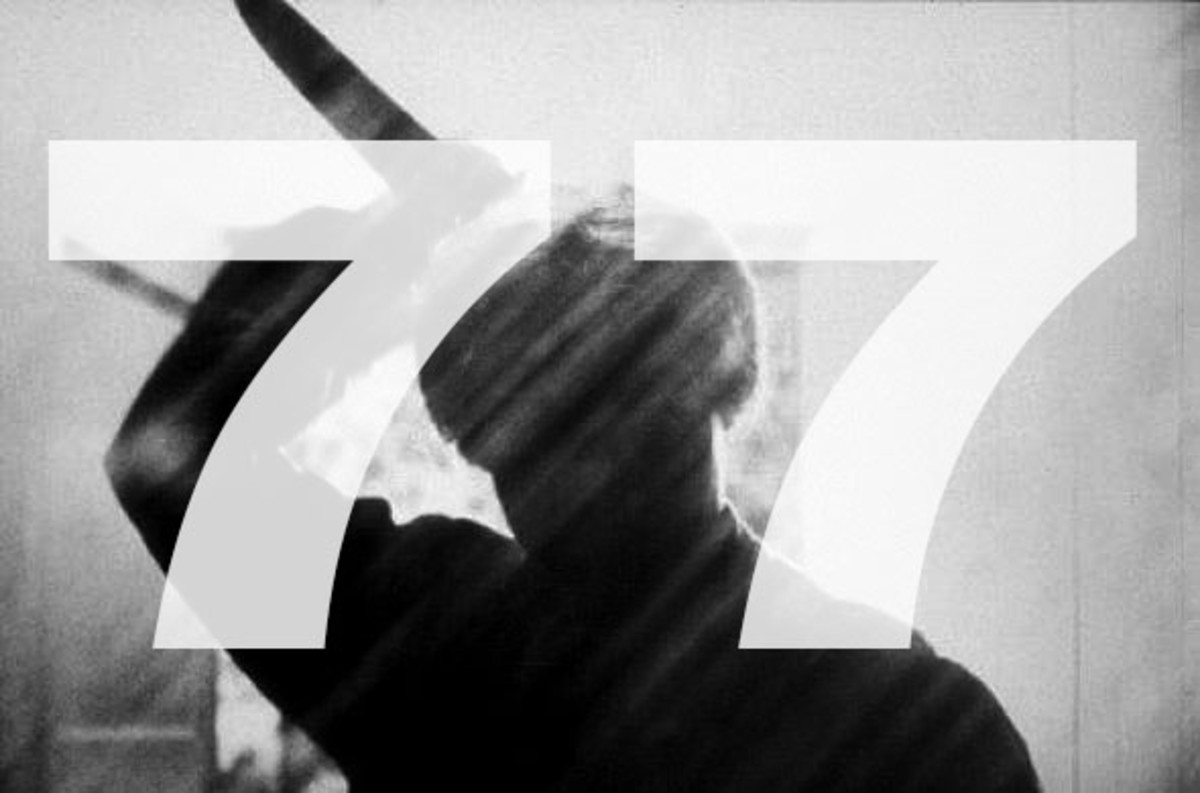Men's Issues And Film
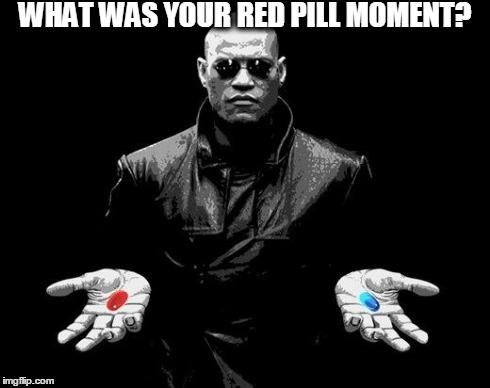
I thought I would write an article on men’s issues and film. There are some excellent movies worth having a closer look at from a “red pill” perspective. Quite often people make reference to the Matrix in describing the transition of thought that comes from learning about men’s issues. We live in a blue pill world that is based on gynocentrism. In this world men are powerful, women are vulnerable, men are privileged, women are oppressed and society is a “patriarchy”. Anything that contradicts that gynocentric narrative is subconsciously rejected. People have been raised in this matrix from birth and a lot of people don’t question this social narrative in any depth beyond what they can see on the surface. Then some event happens in their lives. Maybe themselves or some male friend or relative of theirs, get’s taken to the cleaners and alienated from their children through divorce and family court, or goes to prison based on a false allegation, becomes homeless, commits suicide or becomes a victim of paternity fraud. They then start to look at things more deeply and they go online and explore men’s issues. Before they know it, the wool that has been pulled over their eyes has been removed. They have taken the red pill in matrix lingo. Their old worldview crashes around them and they start seeing men and women as equally powerful and equally vulnerable, but in different ways. Film’s can also be a very effective way of getting people to overcome their own programming and stimulate insight. Hence the reason I wanted to share and discuss a few films and recommend people watch them. Be warned there are some minor spoilers in this article, but the films in question have been out for while and in some cases for decades. The first two films will examine female power. The last two films will examine male vulnerability. Only when society accepts the reality that power and vulnerability are both held by men and women, will society move beyond gynocentrism.
Gone Girl Trailer
Gone Girl
The first and most recent movie I will discuss, is Gone Girl (2014). I thought it was an excellent film regardless of it’s relevance to men’s issues. Many other people thought it was good too. However I was surprised to hear from one person that works at my local movie theatre, that the movie had attracted controversy. Even the fictional portrayal of the shadow side of women, will trigger people’s gynocentric tendencies. Why? Because it forces people to view women as agents with power and to see men as vulnerable to that power. That goes completely against the gynocentric white knight/damsel in distress social narrative, which runs throughout our culture and institutions. The critical reaction to the film by some people was predictable. The “women are wonderful effect” as it is described in academic research, has been measured and it is a real phenomenon within society. People do not want to accept that women can be bad, that women can have power and that men can be on the receiving of the abuse of that power. So when a movie comes out confronting some people with their double standards, cognitive dissonance and annoyance sets in.
But perhaps there is something else to Gone Girl that stirred people’s emotions. Perhaps it also has to do with the constant bombardment of one-sided and misleading domestic violence messaging for last 20 or more years (see my article on domestic violence here, for further discussion). We have been taught ad nauseam by feminists and the mainstream media the following truths and norms: Firstly, that women never lie or deceive. Secondly, that any man accused of a crime against a woman should be treated as guilty until proven innocent. Thirdly, that women are not capable of extreme violence. So when a movie comes out that challenges these assertions, some people with a narrow mind, especially ideologues, don’t like it.
Gone Girl went completely off the reservation of the socially approved, feminist stamped and politically correct gynocentric social narrative about men and women. Not only did the movie cover wrongful accusations of domestic violence, it showed us the negative impact that has on men, the willingness of society to socially treat a man accused of a crime against a woman as being guilty without proof, what it is like for men to live with mentally unstable women in an abusive relationship and how much more difficult it is for men in these relationships to get help and be listened to than it is for women. The critical portrayal of the culpability of the media and the “useful idiots” in the community was also touched upon. People don’t want to think about any of these realities. Society would rather push them under the rug and throw men under the bus. Again some people are naturally annoyed by a movie challenging their narrow gynocentric worldview, where women can do no wrong. Even after watching the movie, I could already see some of my friends looking to explain away the female villain’s behaviour. If we reversed the sexes there would no excuses given.
One Flew Over The Cuckoo's Nest Trailer
One Flew Over The Cuckoo's Nest
The next movie I wanted to bring up was One Flew Over The Cuckoo’s Nest (1975). If you want a lesson on female relational aggression, how women can psychologically escalate a conflict into physical violence, why emotional abuse and intimidation should not be trivialised and can lead to suicide and why women with authority should be held to the same level of accountability and scrutiny as men, watch that movie. Again it also happens to be a great film and won five academy awards. An important observation to point out in the movie, is the subtle way in which Nurse Ratchet manipulates the group and the very overt influence of Randle McMurphy. It is that difference between male and female power, that explains in so many ways, why people immediately accept the assumption men have all the power and why they find it so difficult to acknowledge female power.
Women do have power, men can be vulnerable in situations with women and men are particularly vulnerable in situations where women can abuse their power without any accountability. There are quite a few places in society where women have authority over vulnerable people. Aged care, mental hospitals, medical hospitals, schools, social services, prison and the family home come to mind. Yeah I know, not all women are like that. Not all men are like that either. However, it is a reality that society takes male abuse of power in institutions and in the home much more seriously than it does for women. Some women in real life abuse authority just like some men do and that is a fact. Why do we not hold such women to the same standard of accountability as their male counterparts? Examples of female teachers having sex with underage male students and getting just a slap on the wrist from the courts, comes to mind when posing this question. Committing statutory rape of male students is not less of a crime because the perpetrator happens to be female and the victim male.
Cool Hand Luke Trailer
Cool Hand Luke
Cool Hand Luke (1967) is an iconic film that showcases the relationship between men and our society’s institutions, particularly the government. Men are essentially regarded as utilities to use and discard when they break down. Selective service and the treatment of men by the family court system, are two examples that come to mind. We see in the film the ways in which men are dehumanised into workhorses. We see examples of cruel and unusual punishment and how the men’s spirits are broken down and controlled. Could you imagine a woman being treated like Luke was in a women’s prison, even back then? I don’t think so. In fact I don’t even think a woman would have gone to jail for committing the same offence Luke did. The ease with which authorities will punish men and the difficulty that these same powers have in showing men humanity, is highlighted in the film. You will notice as well in the movie, the ways in which routine and a long list of strict rules and inhumane enforcement, are used to train men to conform. Luke the “world shaker” arrives and everything about him screams MGTOW (man going his own way). He won’t let his identity be broken down by the system, the “Captain”, or the guard with “no eyes”. Cool Hand Luke is a good movie for men to go and watch, to understand how the state, the media and our institutions currently see independent men that are going their own way. We are a problem. We won’t stay in the box. We won’t swap our personal identities for their social identity of male provider and protector and disposable utility. You cannot shame these men back into conformity, when they no longer have any reason to respect or trust the social institutions and authorities (like the feminist media) that shame them. What we have got here is a failure to communicate. It is time society listened to men. This is not a strike, men are making a rational life choice to opt out of gynocentric institutions that benefit women at men’s expense (such as modern marriage and the biased divorce and family court systems).
Into The Wild Trailer
Into The Wild
When I watched Into The Wild (2007) for the first time, it blew me away. It struck a cord with me personally and touched my soul. In quite a few ways Christopher was similar to me. Even some of my friends made mention of that. I am a deep thinker, I am sensitive and I do have a strong moral compass. The key difference between Chris and myself, is that I come from a good family and was raised by parents in a stable and happy relationship. Christopher came from a home where there was violence, constant fighting between his parents and that was just the start of it. Into the Wild is a story about a young man whom has just graduated college and decides to abandon everything and explore the wilderness. It covers his journey and the events leading up to him going off the grid. If people want to understand what is wrong with so many young men today, watch that movie before you say “man up”. How many lost and dysfunctional young men in today's society, have been raised by parents in dysfunctional relationships? How many young men come from broken homes? Those are scary questions that society must start facing, because young men like Christopher are not an exception any longer.
There is another reason though why I bring up this movie. Like Christopher did, young men today are coming to realisation that the world they have been led to believe in, is a web of lies. In Christopher’s case it was about his father. In the case of today's young men, it is the fictional gynocentric social narrative and lies they have been told from childhood by society, about how the world is a “patriarchy” and how men are "privileged" and how men have all the power (Read Dr. Warren Farrell's "The Myth Of Male Power" for an explanation). In both cases their concept of masculinity is shattered. Like Christopher, upon learning the truth, many young men quite understandably get angry and then once the anger passes they start removing themselves from the web of lies and the liars, form their own masculine identity and go their own way.
There is a powerful scene in that movie that stays with me. Towards the end of the film, Christopher develops a close paternal bond with an older man. They get to know each other and as Christopher is preparing to head off to Alaska, the older man asks Chris if he would like to be adopted. The older man is lonely, but at this point Chris’s trust in people has been so thoroughly ruined, that there is a psychological distance he cannot bridge. It is only at the end of his journey that Christopher realises the importance of human companionship. In his own words, “Happiness is only real when shared”. By all mean’s men should go their own way (go MGTOW), direct their own lives, form their own identities and reject gynocentrism. But that does not mean you have to shut the world out. Men need to start looking after each other and supporting each other. That is why the men’s rights community and MGTOW communities are so important. There are men and boys that are alive today because of websites like A Voice For Men (AVFM) and because of these men’s communities. Men are showing compassion for other men. That is a very important step in the right direction for men and for society and one of the things I like the most about the “manosphere”. Men are feeling free to relate to other men at a deeper level and setting a path for men in society that is independent of the gynocentric social norms of our culture (feminism, old school traditionalism, chivalry, white knight syndrome and everything else that views men only in the context of what they can do to benefit women, with no issues or needs of their own).
Now I could not resist talking about Karen Straughan's recent interview on the Young Turks. Watching Cenk lose it, just goes to show you how difficult it is for some people to overcome all of the decades of feminist indoctrination we have all been exposed to through the mainstream media, education system and politics. At the Nuremberg trials they decided that it would more effective in some ways to show the court actual footage of the Nazi death camps, rather than go through all of the relevant statistics. I think in many ways the same is true of men's issues and other problems society chooses to ignore. Film can help people recognise and overcome their own misconceptions and personal biases, in ways reasoned argument and statistics cannot. It was just a thought I wanted to share. A more diversified approach of communicating men's issues with the use of film can be very effective. In fact I often use the work of Studio Brule in my own articles, because of it's effectiveness in showing people the issues men and boys face. On a final note, there is a documentary by an independent filmmaker that has been made on the men's rights movement that is coming out soon, called "The Red Pill". Time will tell on whether it is a hit piece or does an honest job of discussing men's issues. Here is a video link to an interview between Paul Elam the founder of A Voice For Men and the filmmaker of "The Red Pill", Cassie Jye.

